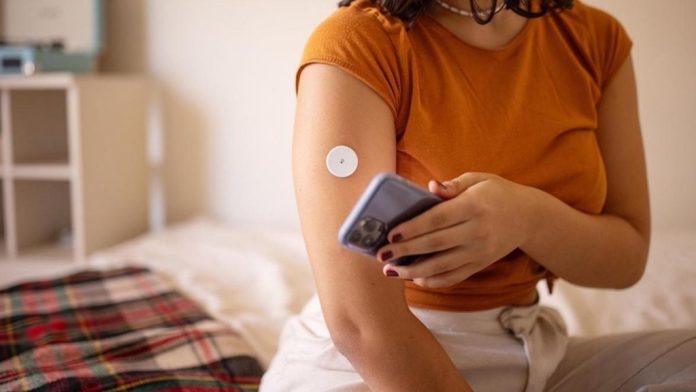Study Finds CGMs Could Overestimate Food’s Impact on Blood Sugar Among Nondiabetic Individuals
CGMs may inaccurately estimate blood sugar levels in healthy individuals, leading to unnecessary dietary changes.
- Discrepancies arise because CGMs measure glucose in interstitial fluid, not directly in blood, causing potential errors
As continuous glucose monitors (CGMs) become more widely used to help manage blood sugar levels in individuals with diabetes, findings from the University of Bath suggest that these devices may not be as accurate as commonly believed. The study authors, who published their results in The American Journal of Clinical Nutrition, noted that CGMs could be overestimating blood sugar levels in healthy adults that are using these devices to track how different foods affect their glucose levels, leading to unnecessary diet changes.
CGMs are fantastic tools for people with diabetes because even if a measurement isn’t perfectly accurate, it’s still better than not having a measurement at all. However, for someone with good glucose control, they can be misleading based on their current performance. For healthy individuals, relying on CGMs could lead to unnecessary food restrictions or poor dietary choices,” Javier Gonzalez, PhD, professor at the University of Bath, said in a news release











